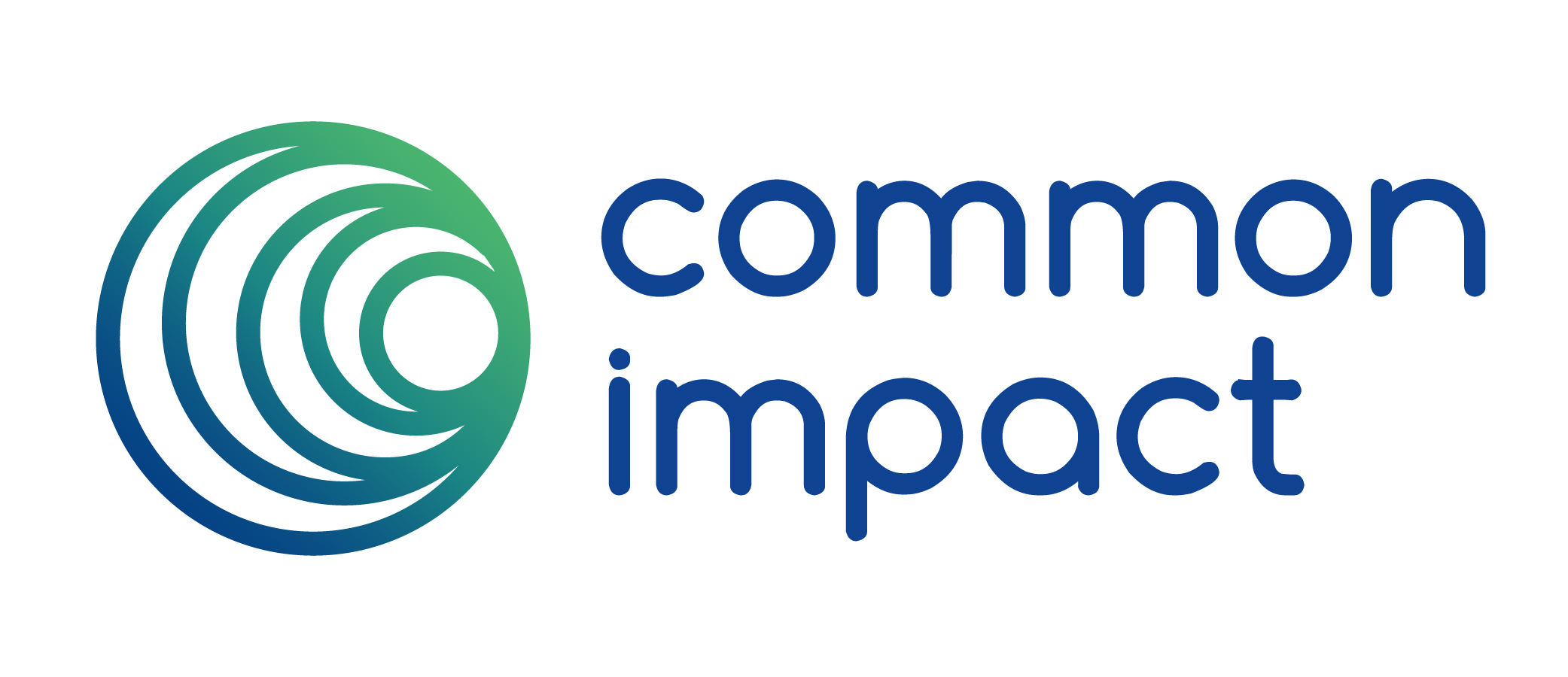Channeling Wisdom: Danielle Holly, CEO of Common Impact

Originally published by YNPN Boston
About Danielle: Danielle Holly is dedicated to creating previously unseen pathways for individuals to meaningfully contribute to making their communities thrive. She envisions a world where every person is able to bring their values and personal mission to their day jobs, integrate healthy and sustainable personal lives and, as a result, have the drive and energy to make our communities more equitable and vibrant.
She is currently the CEO of Common Impact. Danielle has helped numerous corporations and nonprofits navigate the new era in skills-based volunteering, including global powerhouses JPMorgan Chase, Charles Schwab, Marriott International, and State Street.
Danielle also writes for Nonprofit Quarterly on strategic corporate engagement. She has served on the Board of Directors for the Young Nonprofit Professionals Network, the Young Nonprofit Professionals Network of Boston, and Net Impact NYC.
Twitter: @dholly8
We asked Danielle to share the nonprofit leadership wisdom she has gained over her career.
What is your leadership style?
My leadership style tends to be direct and transparent. In most situations, the more people that know about what's happening, and the more active real-time feedback you provide, the closer you'll get to solving a challenge in the right way. As I've risen to higher levels of leadership, I've needed to calibrate that a bit and figure out how and when to share new information with the team. Separately, I set high expectations for the team and even higher benchmarks for myself. I try to be as supportive as I can be to enable the team to meet those expectations, without lowering the bar for the communities we serve.
Can you share an example of a time when you successfully led a team through a challenging time or scenario?
When I took over as CEO of Common Impact, the organization was going through a period of great transition. The founder had recently left, the organization hadn't received funding in about a year, and the team was nervous about the future of the organization. I had to quickly communicate confidence in the organization, set a path forward, and get folks reinvigorated to be a part of the team that would lead us through a challenging time. I still look back fondly on the team that rolled up their sleeves for the organization during that period - we wouldn't be here without them!
How did your experience volunteering with YNPN Boston prepare you for your current leadership role?
When I stepped into my role as Chair of YNPN Boston years ago, it was the first time I needed to look across a full organization, and quickly and deeply understand its strengths, its weaknesses, its people, and its services. It's an experience I call on often when I'm approaching a new problem or consulting engagement. It also introduced me to the types of professionals I knew I wanted to surround myself with in my career - smart, humble, and driven.
What leadership resources have you found useful?
Joining the boards of YNPN and Net Impact were great learning experiences for me. A few books that I've come across that have stuck with me are The Ariel Group's Leadership Presence and Difficult Conversations by Douglas Stone.
How has the nonprofit landscape changed since you started working in it? What skills will emerging leaders need that weren't in demand when you first started?
The nonprofit sector has lost its monopoly on social impact work. When I first began my career, if you wanted to have "meaning" in your work, you looked to the nonprofit sector. If you wanted to make money, you went to work for a company. Those lines are much more blurred now, and it demands that the nonprofit sector, its staff. and supporters rise to meet the competition for the purpose driven workforce.
What advice do you have for nonprofit professionals trying to build their leadership?
Aggressively pursue the area of leadership that most frightens you. Whether it's the financial reporting, public speaking, or people management, be ferocious in seeking out opportunities to build those muscles. Whether or not you end up enjoying them or pursuing a career that incorporates those particular skills, it teaches you how to learn, how to be courageous, and ultimately how to manage the people on your team that are leading different areas of work.

